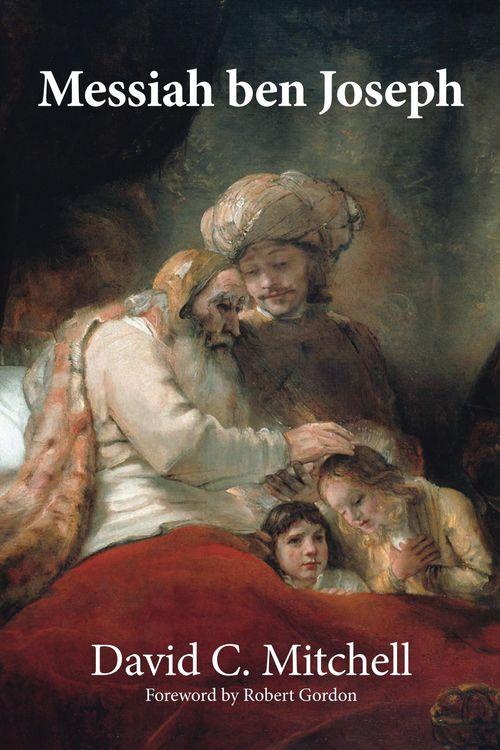THE MESSIAH FROM JOSEPH
THERE IS, in Rabbinic literature, a Messiah from the tribe of Joseph. This Messiah comes from Galilee to die at the gate of Jerusalem, pierced through by cruel foes. After he dies, Israel are scattered among the nations. But his death confounds Satan, atones for sin, and abolishes death itself. And then he is raised to life again.
Now, if you know anything about what divides Judaism and Christianity, you will see that the existence of such a figure in Jewish literature is remarkable. Yet he is certainly there. We find him in hundreds of passages in rabbinic literature, in scores of documents of every flavour. In fact, he features in Jewish literature from every period, in texts written by Jews for Jews, passed down from generation to generation in Hebrew, Aramaic, Arabic, and Persian, languages which medieval Christians could neither read nor write.
I first met Messiah ben Joseph some back in the 1990s. I saw it was an important subject in relation to the Bible texts that speak about the Messiah suffering. But, when I explored the subject, I found everyone saying that the Rabbis developed this doctrine after AD 135. To me, this seemed odd. Why would the Rabbis reject one slain Messiah, and then invent another one so similar?
So, over the years, I studied this mysterious Messiah. I translated the texts, gathered the evidence, wrote articles, and spoke on the subject. I proposed that the real origins of the Messiah from Joseph are in Genesis 49 and Deuteronomy 33. And I traced his story from Genesis, through the prophets, the Psalms, the pseudepigrapha, the Dead Sea scrolls, and all rabbinic literature, right down to renaissance times.
Finally, I presented the subject in a systematic manner in Messiah ben Joseph.
Professor Himmelfarb of Yale says, “If Mitchell is correct, then the implications for both ancient Jewish and early Christian messianism are profound.”

So am I right or wrong? Read Messiah ben Joseph and judge for yourself.
I’ve also written a whole bunch of Blogs on Messiah ben Joseph. Or you can check them out in their earliest form as scholarly articles.
